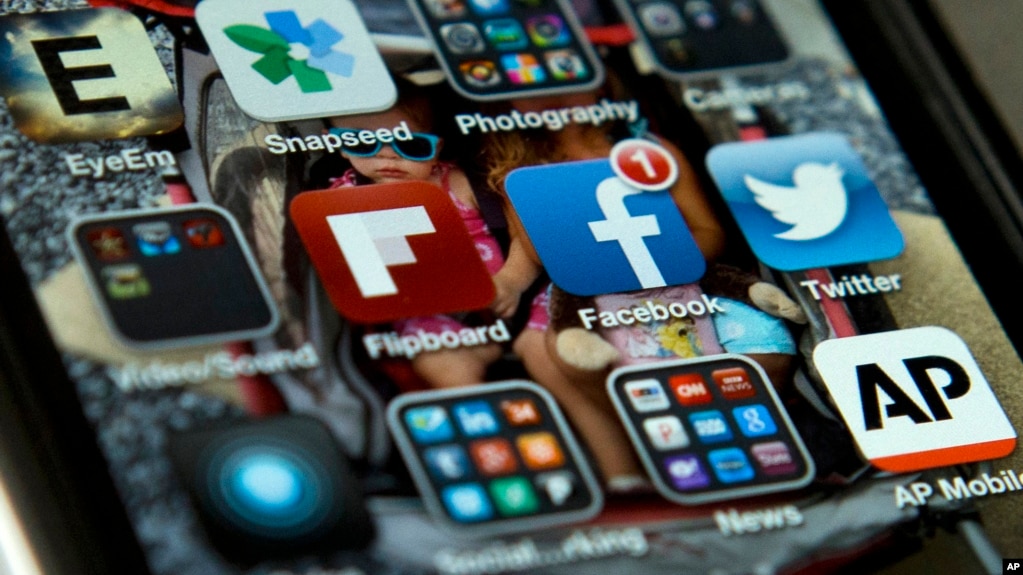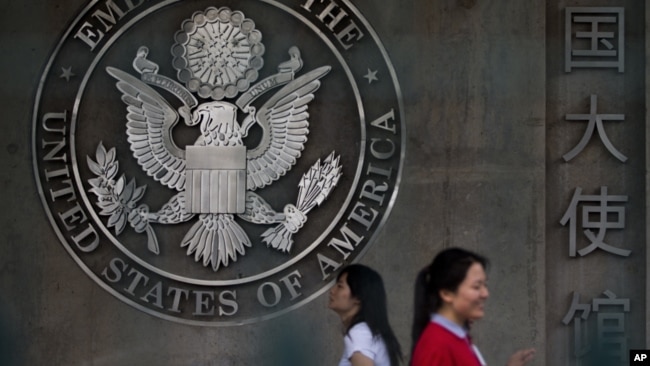
The United States is now requiring nearly all visa seekers to provide personal details about their social media activities.
In addition, those requesting U.S. visas will be asked to give past email addresses and phone numbers. The new requirements are expected to affect about 15 million foreigners who seek U.S. visas each year, the Associated Press reported.
The Trump administration first proposed the changes in March 2018. The policy is part of the U.S. government’s expanded “extreme vetting” process for all immigrants and visitors. The only applicants not covered under the new rules are those seeking diplomatic or official visas.
The U.S. State Department confirmed to the AP last week that it had changed its immigrant and nonimmigrant visa forms to require the additional information. The forms seek five years’ worth of social media user names, telephone numbers, international travel activities and deportation history. Visa seekers are also asked whether any family members have been involved in terrorist activities.
The State Department said in a statement the new requirements are aimed at improving the vetting process to protect national security.
A department official told the online publication The Hill that social media services have been used in recent years as a tool to fuel “terrorist sentiment and activity.” The official said the new requirements can be a valuable tool “to screen out terrorists, public safety threats, and other dangerous individuals from gaining immigration benefits and setting foot on U.S. soil.”
In the past, social media, email and phone number histories had only been sought from people who had been identified for further examination. This group of an estimated 65,000 visa seekers included people who had traveled to areas controlled by groups listed as terrorist.
Visa seekers will be asked to provide details about U.S.-based social media services like Facebook, Google+, Instagram, LinkedIn, Twitter and YouTube. In addition, they will be asked to provide details about involvement in major international internet services like China’s Douban, Tencent QQ and Sina Weibo.
Visa seekers can choose to say they have no social media accounts. However, the State Department has warned that lying about social media activities would have serious immigration results for visa seekers, The Hill reported.
The American Civil Liberties Union, or ACLU, and several privacy rights groups voiced opposition to the new requirements when they were first proposed last year. At the time, the ACLU warned the move would have a “chilling” effect on freedom of speech.
“People will now have to wonder if what they say online will be misconstrued or misunderstood by a government official,” said Hina Shamsi, director of the ACLU’s National Security Project. “There is also no evidence that such social media monitoring is effective or fair,” he added.
[“source=learningenglish”]


